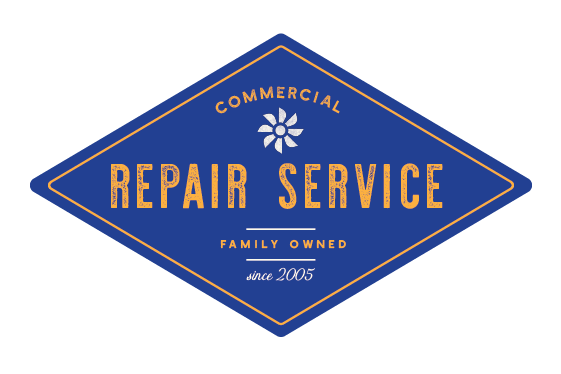How Often Should I Change My Air Filter? A Guide by Commercial Repair Service
As the leading provider of commercial repair services, we understand the importance of maintaining a healthy and efficient HVAC system. One frequently asked question we receive from our clients is, "How often should I change my air filter?" Well, the answer isn't as straightforward as you might think. There are several factors that come into play when determining the appropriate schedule for air filter replacement. Let's dive into the details!
To determine the ideal replacement schedule for your air filter, it's essential to consider several factors that can influence its efficiency and lifespan. Let's take a closer look at these factors:
1) Type of Filter: The first consideration is the type of air filter you use. Do you opt for an economy filter or a more expensive MERV (Minimum Efficiency Reporting Value) filter? Higher MERV-rated filters generally offer superior filtration and generally extend the replacement interval. Meanwhile, economy filters are typically less efficient and require replacement every two months. Keep this in mind as we delve further into the topic.
2) Filter Thickness: Next, the thickness of your air filter matters. Is it a standard 1-inch filter, or is it thicker? Thicker filters tend to have a longer lifespan due to their higher dust-holding capacity and may not require replacement as frequently as their thinner counterparts.
3) Occupancy and Pets: The number of occupants in your home also plays a role. More people mean increased air circulation and higher levels of airborne contaminants. The occupancy status of your home also matters. Is it a vacation home or occupied full-time? If your home is vacant for extended periods, the air filter may not accumulate as much debris, allowing for longer replacement intervals. And don’t forget about our furry little friends! Pets can have a significant impact on air filter lifespan as well. Their shedding hair and dander can quickly accumulate, clogging the filter and hindering its efficiency. If you have pets, be prepared for more frequent filter replacements, even if you have invested in a high-quality filter.
4) Environmental Factors: Environmental conditions surrounding your home also play a role in filter maintenance. Living in areas with ongoing construction, urban environments, or dirt yards can introduce additional airborne particles into your home. These factors may require a more aggressive filter replacement schedule to ensure optimal air quality.
5) Personal Health Needs: Your personal health needs should not be overlooked. If you have respiratory issues that require inhaled medications or home oxygen, it's essential to prioritize clean indoor air. Opting for a thicker, higher-quality filter and changing it more frequently, regardless of pets or environmental factors, can significantly benefit your health.
At Commercial Repair Service, we recommend proactive air filter maintenance to maintain a healthy indoor environment. By considering factors such as filter type, thickness, occupancy, pets, environmental conditions, and personal health needs, you can establish an appropriate replacement schedule. Regularly inspecting and changing your air filter according to your specific circumstances will help optimize system performance, improve indoor air quality, and extend the lifespan of your HVAC equipment. When the filter begins to turn gray or accumulates excessive debris on its surface, it's time for a replacement.
If you have any further questions or need assistance with air filter replacement or any other commercial repair services, don't hesitate to reach out to our expert team. We are here to ensure your HVAC system operates at its best, keeping your space comfortable, clean, and efficient.
